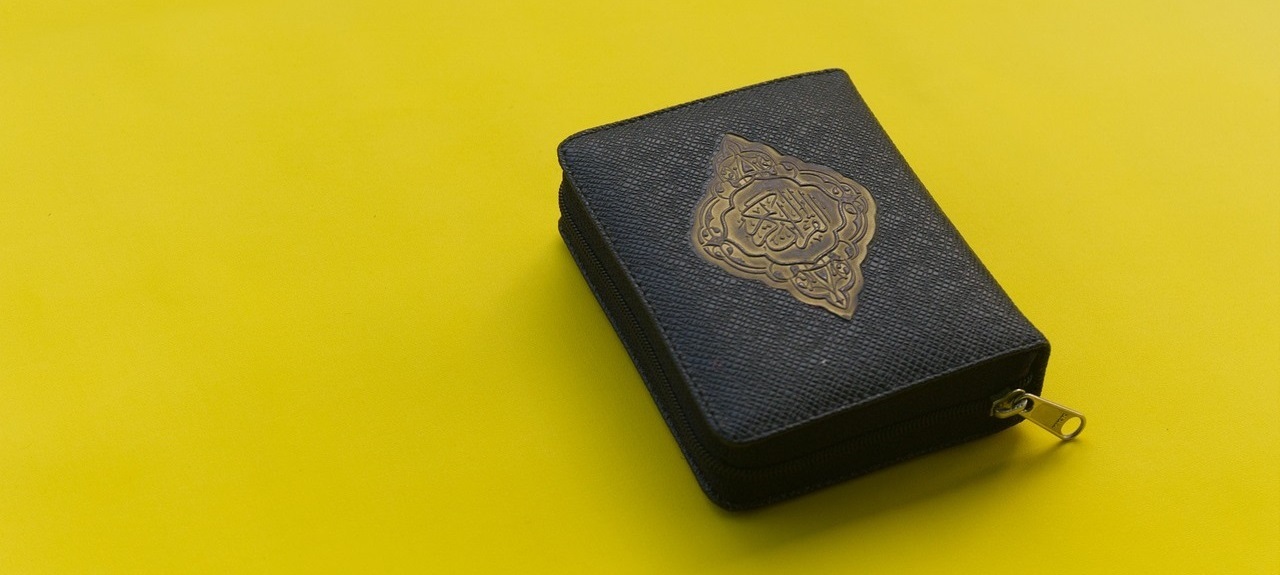Explore the profound linguistic nuances of the Quran as we unravel the mystery behind why Allah, the Almighty, refers to Himself as “We” Delve into the rich tapestry of Islamic theology and discover the deeper meanings behind this divine expression.

Introduction: Unveiling the Linguistic Elegance of the Quran
The Quran, the holy book of Islam, is a masterpiece of linguistic beauty and divine wisdom. One intriguing aspect that often piques curiosity is the use of the plural pronoun “We” when referring to Allah. This choice of language transcends mere grammatical convention; that is it carries profound theological significance.
The Majesty of the Divine Pronoun: ‘We’ in the Quran
The use of “We” by Allah is not an indication of plurality in the divine essence but serves a higher purpose. It reflects a majestic and royal form of self-reference, emphasizing Allah’s sovereignty and absolute authority. In addition, the royal ‘we’ has been used by monarchs and rulers to convey their majesty and exalted position. In a similar vein, Allah’s use of ‘We’ asserts His supreme authority and unmatched power.
For example: “Indeed, We sent Noah to his people…” (Quran 71:1)
This verse illustrates the use of “We” as a majestic expression, underscoring Allah’s supreme authority in the narrative of Prophet Noah.
Unity in Plurality: A Conceptual Understanding
Islamic theology firmly upholds the concept of Tawhid, the oneness of Allah. Despite the usage of ‘We,’ there is no implication of multiple deities. The Quran repeatedly emphasizes the singular nature of Allah, that is underscoring the essence of monotheism. The plural pronoun serves as a linguistic device to convey the grandeur and transcendence of the Creator.
Historical and Linguistic Context: A Closer Look
To fully grasp the significance of the royal ‘we,’ it is essential to consider the linguistic and historical context of the Quran’s revelation. Arabic, the language of the Quran, employs linguistic devices that may differ from those in English. The plural pronoun, in this case, is a linguistic tool that transcends the limitations of singular language, providing a more profound expression of Allah’s majesty.
Theological Reflections: Going Beyond Linguistics
Beyond the linguistic elegance, the use of ‘We’ invites believers to contemplate the nature of Allah. It encourages reflection on His infinite attributes and the magnitude of His dominion. The Quranic verses, when understood in this context, deepen the connection between the Creator and the believer, fostering a sense of awe and reverence.
Conclusion: Embracing the Majesty of Divine Expression
In unraveling the mystery behind Allah’s use of ‘We,’ we discover a linguistic marvel that transcends ordinary expression. Similarly, the royal ‘we’ serves as a portal to the profound understanding of Allah’s sovereignty, inviting believers to contemplate the majestic nature of the Divine. While embracing this linguistic nuance, we embark on a journey of spiritual enlightenment, deepening our connection with the Creator.
Explore the majestic language of the Quran and uncover the divine wisdom within its verses. Join us on a journey of spiritual reflection and understanding.
Last modified: 26/11/2023